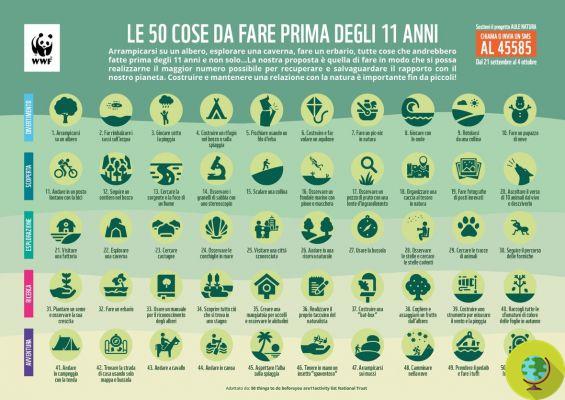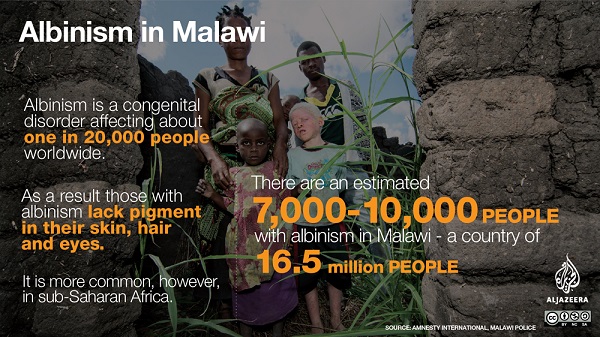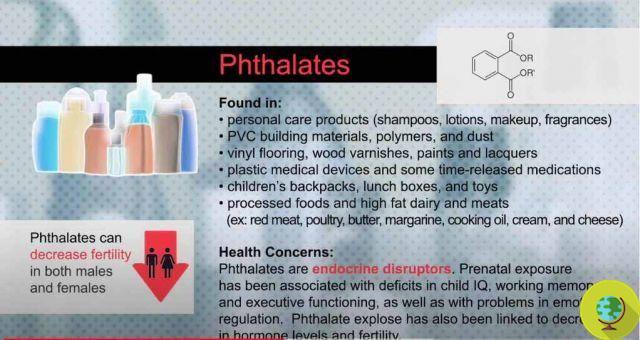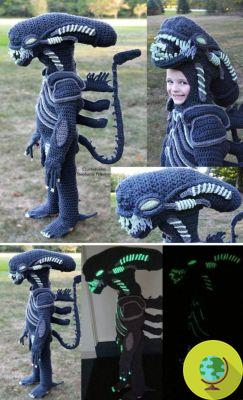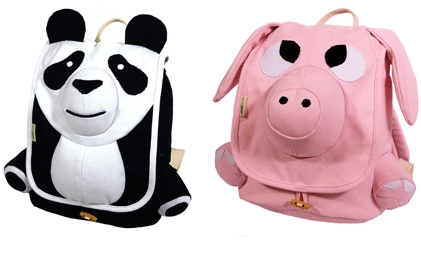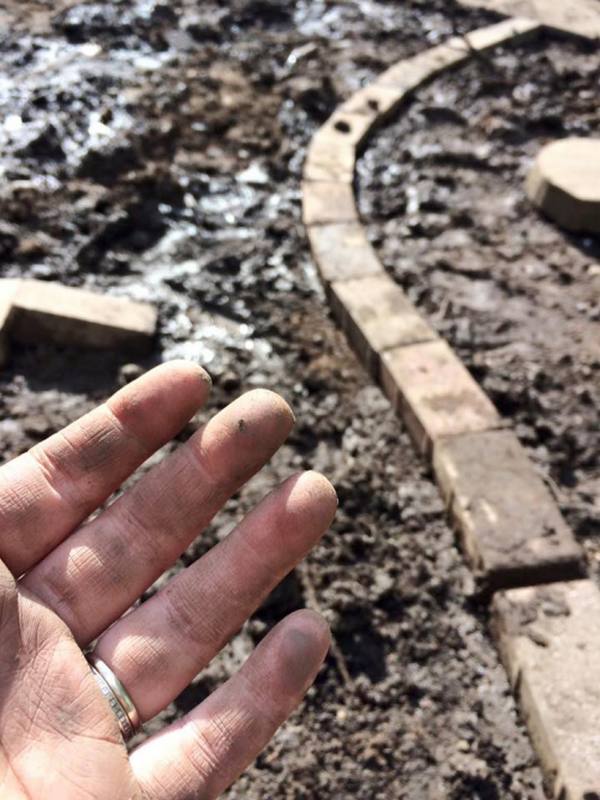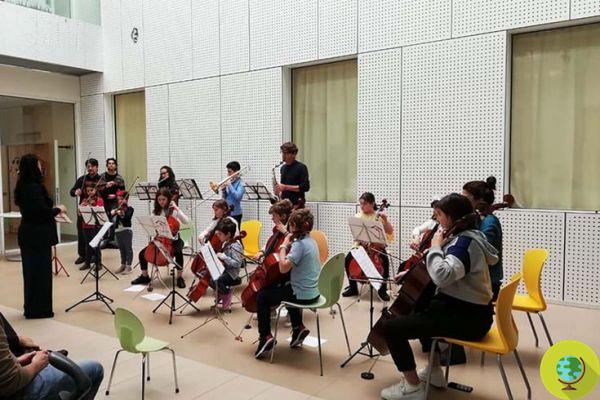The French agency ANSES warns of the risks of using anti-mosquito bracelets for babies or young children.
Don't store avocado like this: it's dangerousMany parents choose to buy anti-mosquito bracelets for their children which, thanks to the help of essential oils or other substances, allow them to keep these annoying insects away. But are they really safe products? According to ANSES, these are tools to be used with great caution and to be avoided especially for the little ones.
Sold as an alternative to the more classic mosquito repellent sprays or to liquids and platelets to stick at home, the anti-mosquito bracelets are among the most popular solutions for children. Apparently safe, these objects actually hide some not insignificant risks.
A segnalare questo è la inglese National Agency for Food, Environmental and Occupational Health Safety (ANSES) who conducted an investigation to assess the safety of the bracelets. The document states that there have been a series of episodes reported to poison centers. These involved several models of anti-mosquito bracelets, both those containing essential oils and those with platelets.
Children are those who, statistically, have had the most problems using these tools. What are the risks? Several examples are given: burns on the cheek following prolonged contact with the bracelet with essential oils during the nap (which in 24 hours turned into 2nd degree burns), erythema in various parts of the body and also in the mouth and even convulsions, probably due to the passage of the active ingredients contained in the bracelet from the skin to the blood.
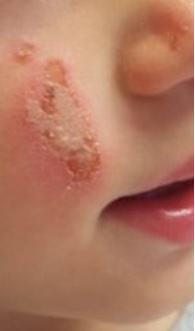
© ANSES
They have also been reported eye problems and drawbacks due to the fact that the children playing with the bracelets had managed to break them (ANSES therefore requires manufacturers to guarantee the solidity of the device containing the repellent mixture).
These risks, Que Choisir (French consumer magazine) points out, are disproportionate in light of the poor performance revealed by their tests on this type of mosquito repellent. Bracelets are not enough to protect the whole body from mosquito bites and labels do not warn well of the risks pregnant women run.
ANSES recommends that babies and young children not use these bracelets. Even allergic people and pregnant women should do the same: the natural substances used against mosquitoes, in fact (geraniol and citrodiol for example), are often allergenic, irritating at best and not recommended for the most sensitive subjects because they contain terpenes.
ANSES report on anti-mosquito bracelets
ANSES took care of drafting a real one report on skin and eye reactions due to the use of bracelets mosquito repellents. This was written following a retrospective study that took as a basis the data recorded by the French toxicological and poison control centers from 2012 to 2019.
First of all it is explained that these insect repellents come in the form of a bracelet (made of neoprene, polyethylene, polyurethane or other materials) on which a device (plate or capsule) is fixed which releases a scented mixture, of variable composition depending on the commercial brands, which combines multiple often volatile chemicals with essential oils extracted from plants.
Depending on the model, the device must be replaced or recharged using a solution provided with the bracelet or purchased separately.
The repellent mixtures contained in these devices have variable compositions. They may contain odorous chemicals such as geraniol, vanillin, citriodiol, associated with essential oils or plant extracts of lavender, lemongrass, clove, tea tree, eucalyptus, peppermint, patchouli, sage, lemon, chamomile, maritime pine. Complex preparations of fragrances such as IR2 can be added to these 3535 categories of substances.
Most of these substances have irritating properties for the skin and eyes and some can induce sensitization reactions, which explains the appearance of erythema or burns, observed following direct contact of the active part of the device with the skin or mucous membranes. ; these reactions appear all the more intense if the contact has occurred with particularly fragile areas (for example the face of a small child).
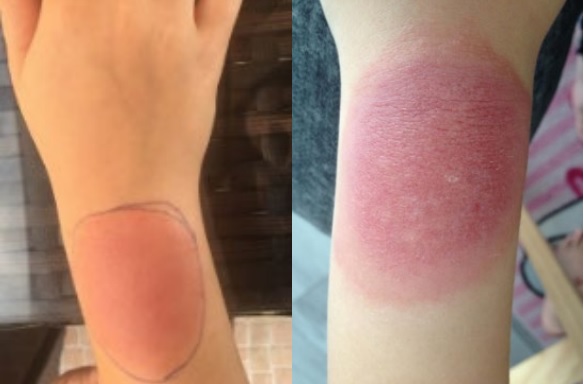
© ANSES
In particular, 9 cases of skin or eye irritation were reported in children (1 also in a 4-month-old infant), plus the case of a child who presented several seizures after wearing an ankle bracelet for a month. Therefore, the passage of essential oils from the skin to the blood cannot be excluded as some active ingredients present in the bracelet of the child with convulsions also had neurotoxic properties.
All this, writes ANSES, would lead to We strongly advise against the use of these devices for infants and young children (under 3 years, as some manufacturers also specify).
Fonti: ANSES / WHAT TO CHOOSE
Read also:
Mosquito repellent for children: the best and most effective
10 ways to become invisible to mosquitoes
How to protect yourself from mosquitoes: all the really effective remedies for adults and children
Natural and ecological methods against mosquitoes




